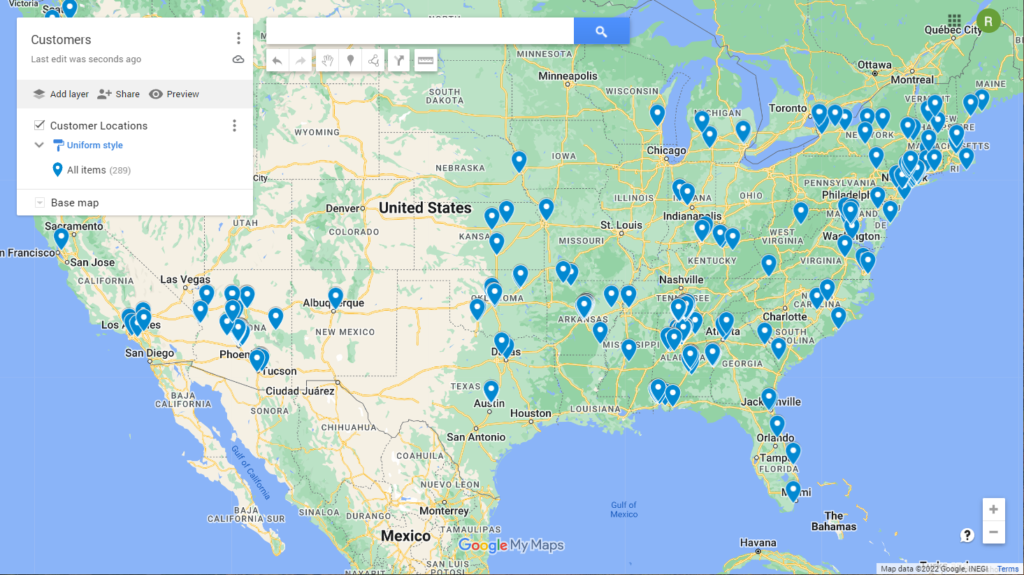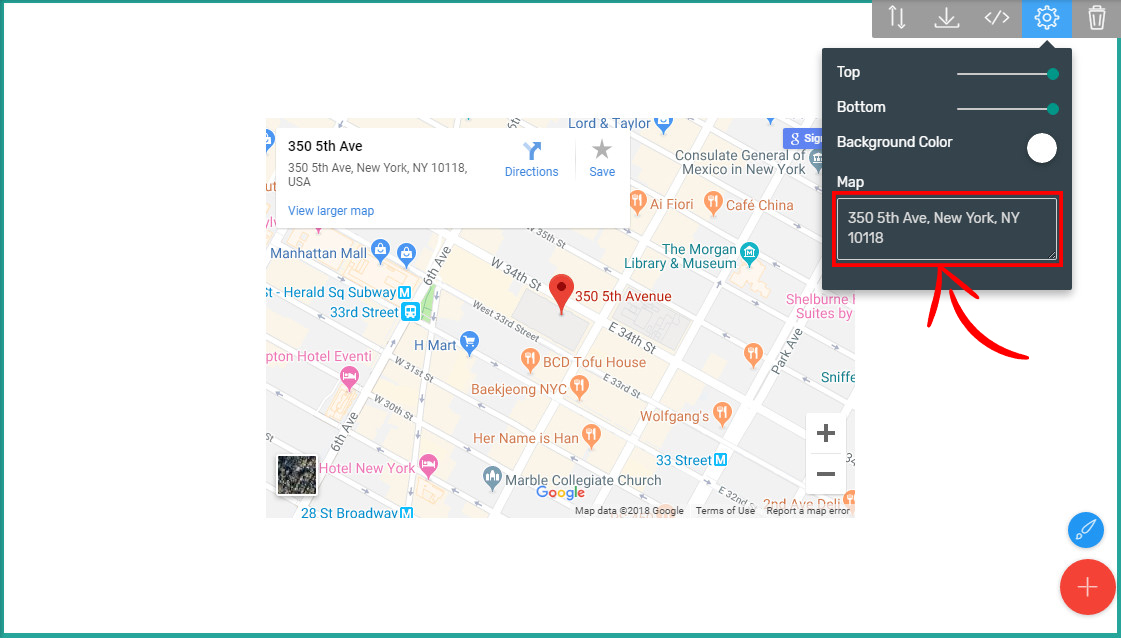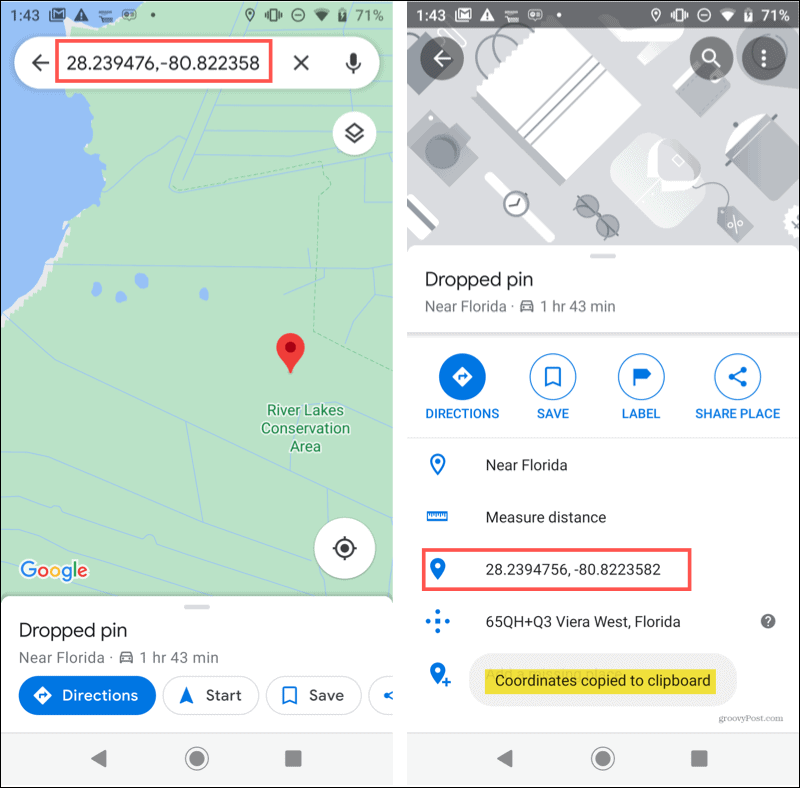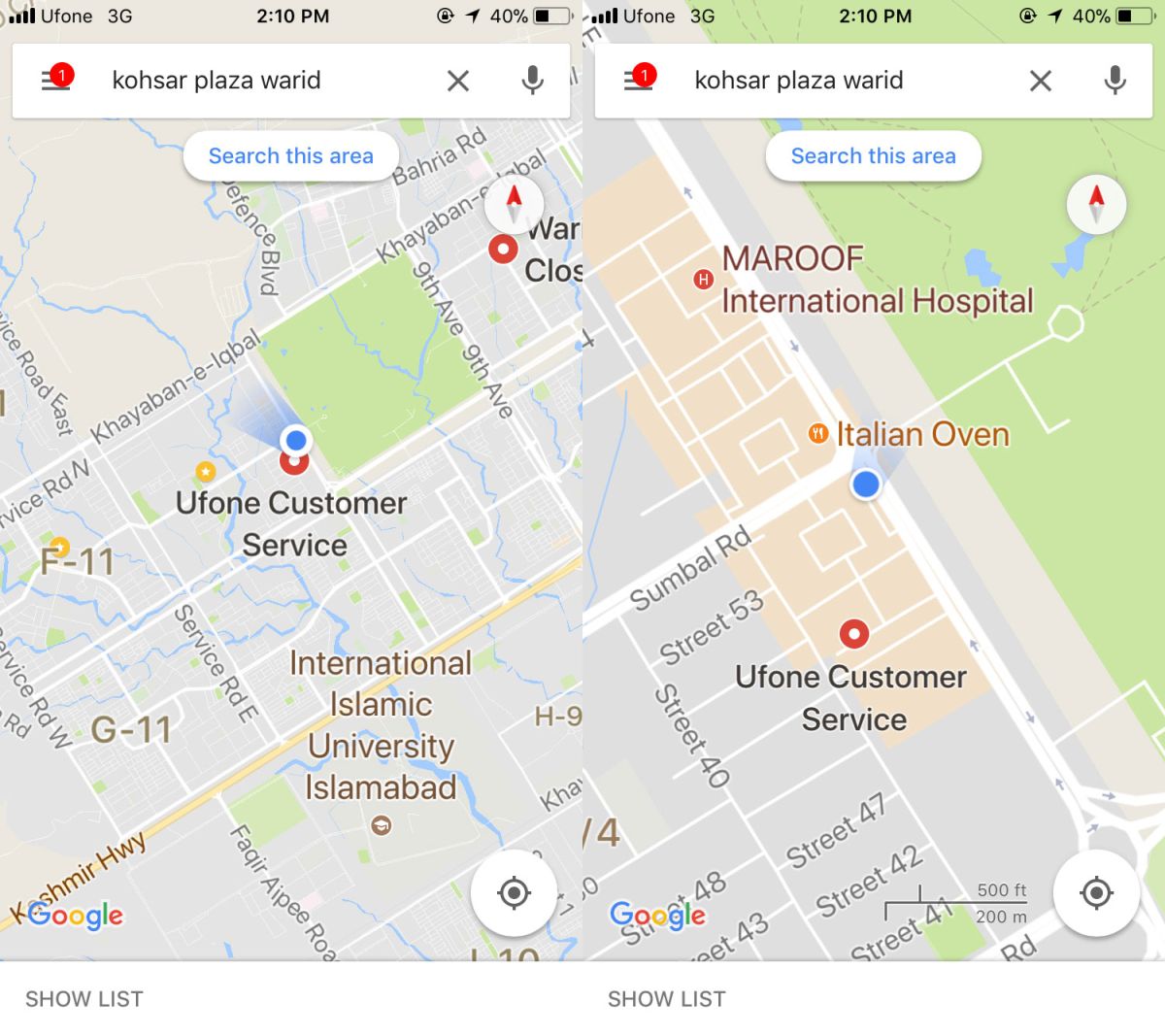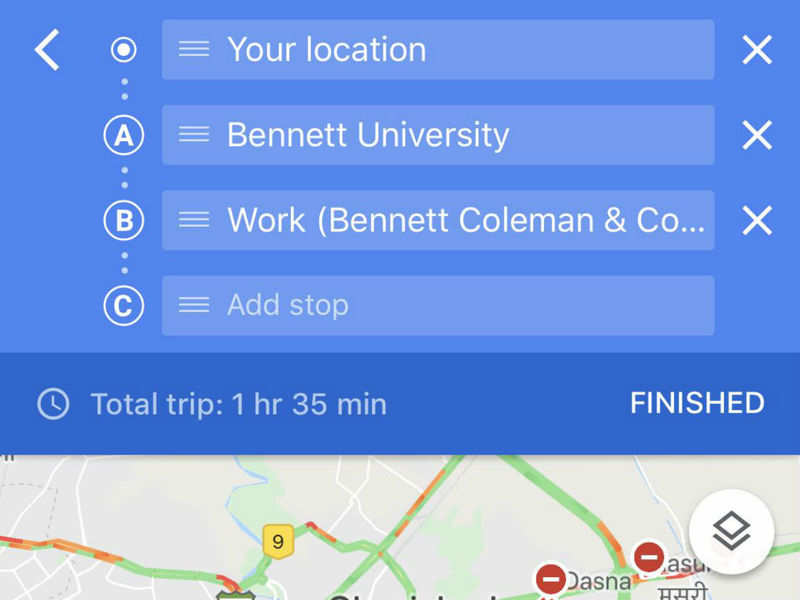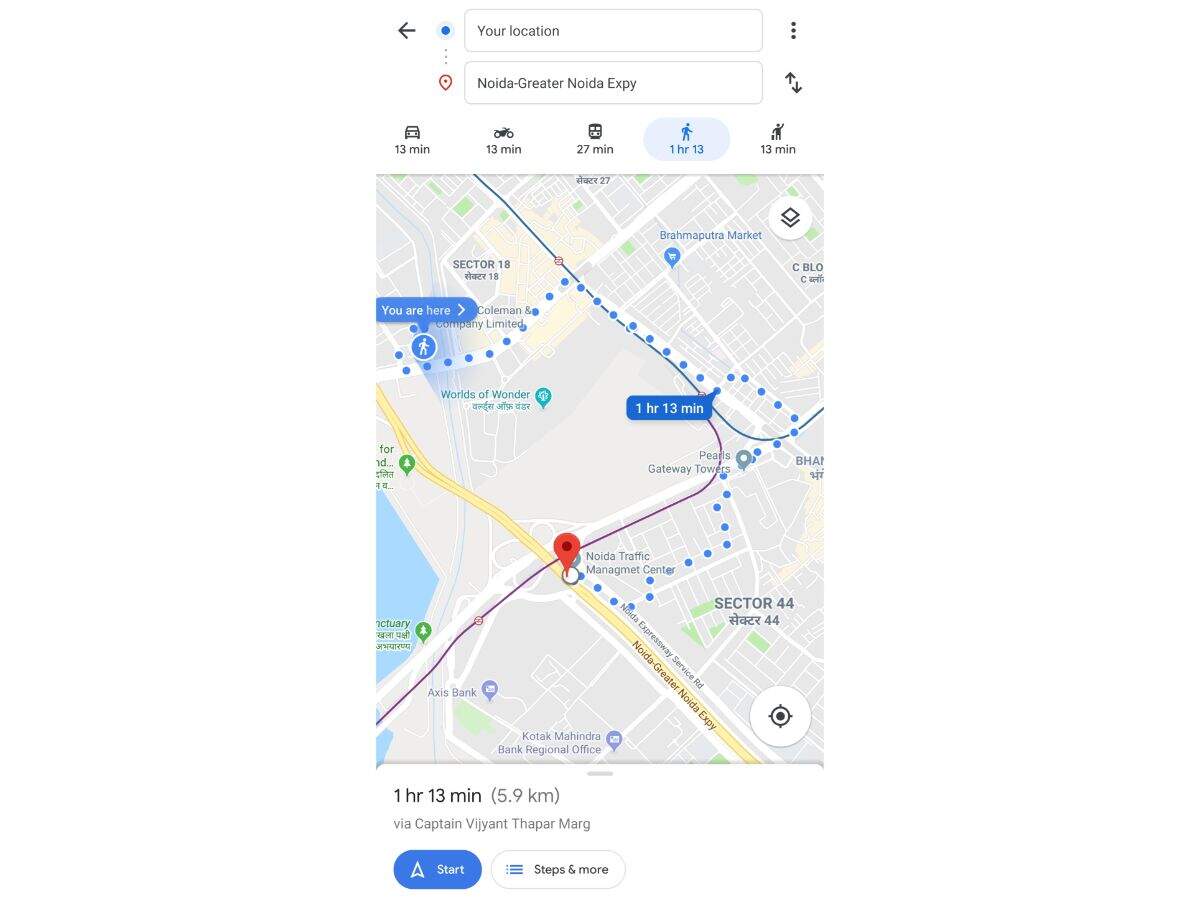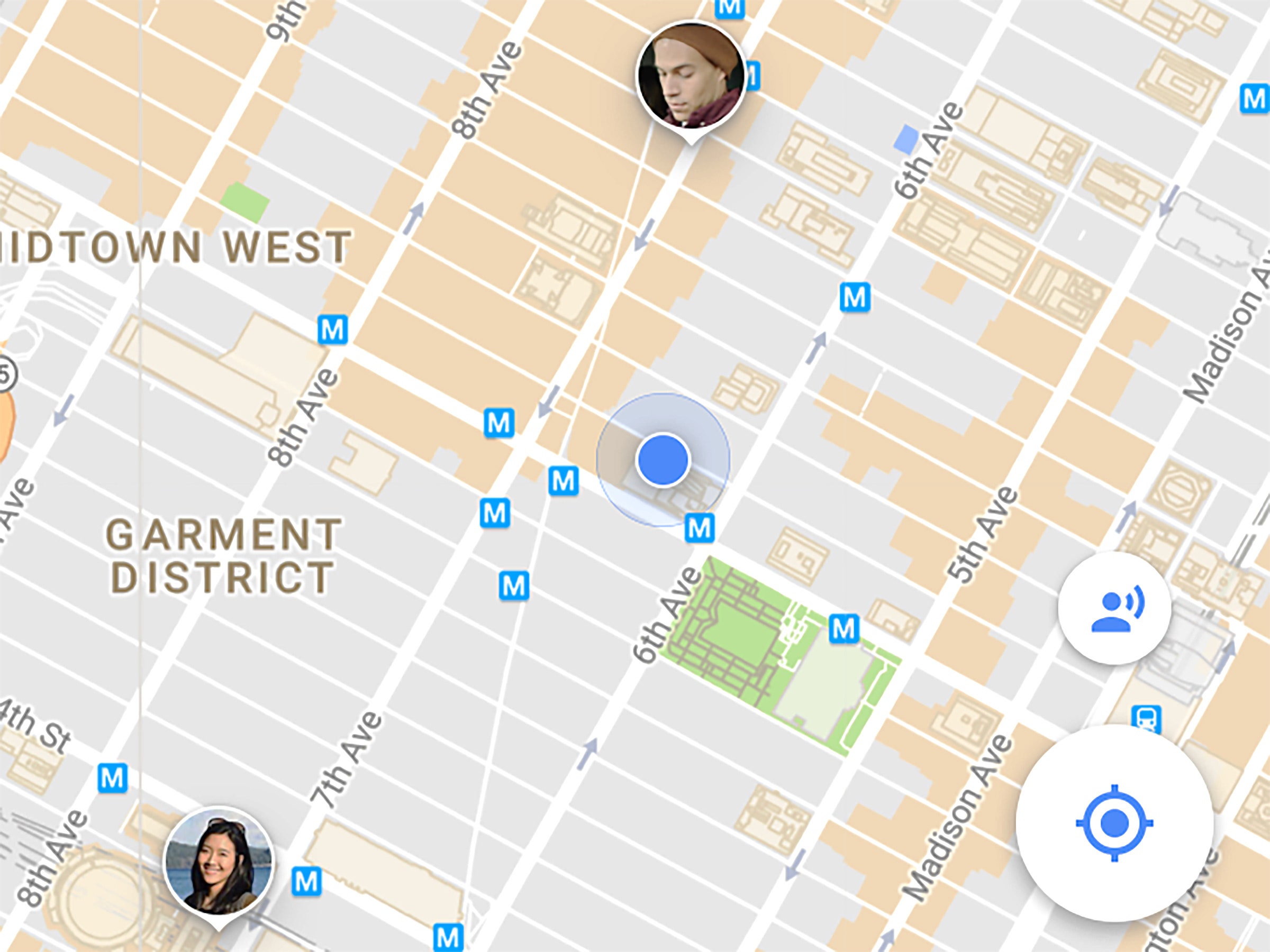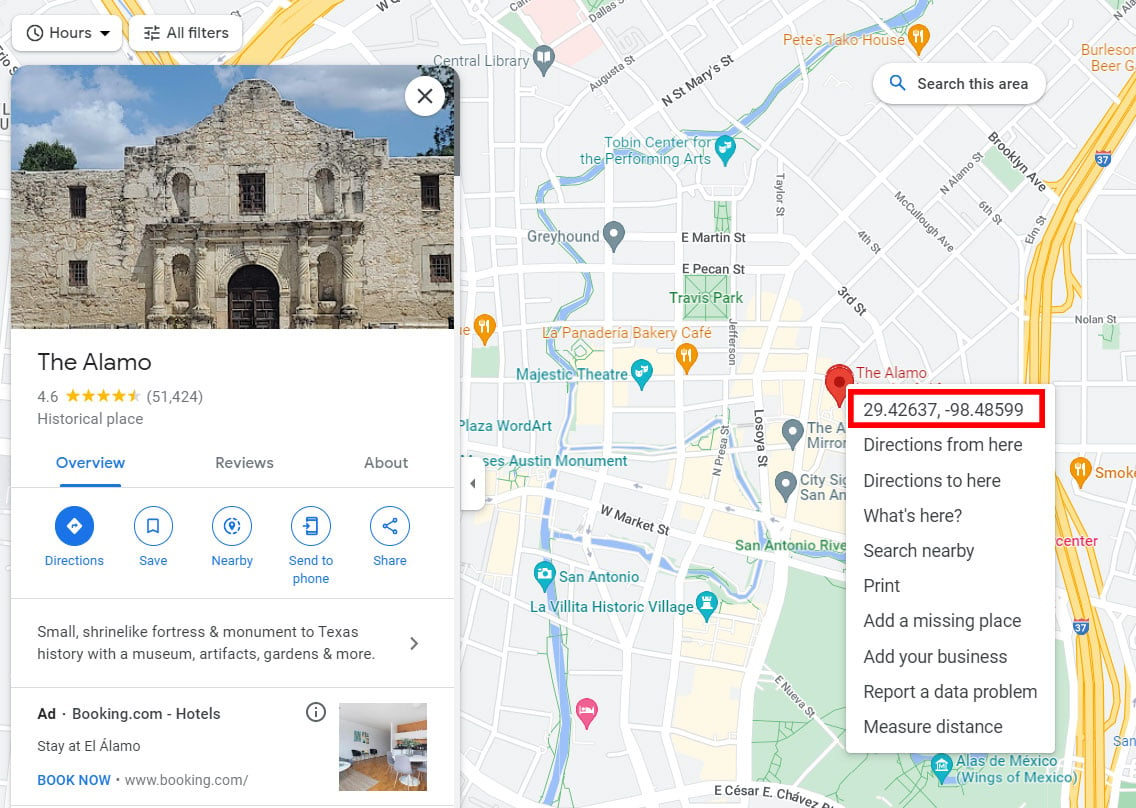How To Put A Location On Google Maps
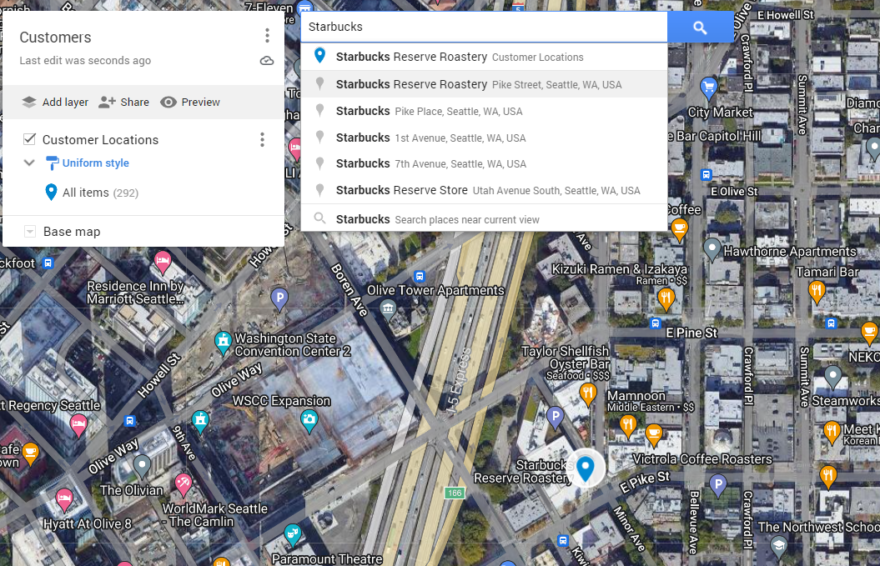
In an increasingly interconnected world, accurate and comprehensive mapping data is crucial for navigation, business operations, and community engagement. Google Maps, a dominant force in the digital mapping landscape, relies on a multi-faceted approach to ensure its data reflects the ever-changing physical world. One vital component of this approach is the ability for users to contribute by adding missing places, a feature that empowers individuals to enhance the map’s accuracy and utility for everyone.
This article delves into the process of adding a location to Google Maps, outlining the steps involved, the verification mechanisms in place, and the implications for both users and the platform itself. Understanding how to contribute to Google Maps is essential for individuals, businesses, and community organizations seeking to improve local discoverability and ensure accurate representation on this ubiquitous platform. We will explore the practical aspects of adding a place, the guidelines users must adhere to, and the broader context of maintaining the integrity of Google Maps data.
Adding a Location: A Step-by-Step Guide
The process of adding a missing location to Google Maps is relatively straightforward, designed to be accessible to a broad range of users. First, ensure you are logged into your Google account. This is necessary to track contributions and ensure accountability.
There are two primary methods for adding a place: through the Google Maps website or the Google Maps mobile app. The functionalities are largely the same, although the interface varies slightly.
Adding a Place via the Google Maps Website
On the Google Maps website, locate the general area where the missing place should be located. Right-click on the map at the precise point. A context menu will appear.
Select "Add a missing place" from the menu. A form will then appear on the left side of the screen, requiring you to provide essential information about the location.
Key details include the name of the place, its category (e.g., restaurant, store, park), its address, and its hours of operation. Providing accurate and comprehensive information is crucial for a successful submission. You can also add contact information, website URL, and photos of the location.
Adding a Place via the Google Maps Mobile App
Open the Google Maps app on your smartphone or tablet. Tap the "Contribute" tab at the bottom of the screen. This section is dedicated to user contributions.
Select "Add place." As with the website, a form will appear, prompting you to enter the necessary information about the location.
The mobile app often leverages your device's GPS to more accurately pinpoint the location, which can be particularly useful for places in areas with complex or poorly defined addresses. Photos can also be easily uploaded directly from your device's camera roll.
Verification and Moderation: Ensuring Accuracy
Google Maps employs a sophisticated system of verification and moderation to ensure the accuracy and reliability of its data. Submissions are not automatically published to the map. Instead, they are subject to review.
Google's algorithms and human moderators assess the information provided, comparing it to existing data and leveraging other sources to verify its accuracy. Factors such as the consistency of the information, the reputation of the submitter, and corroborating evidence from other users are considered. Google relies heavily on algorithms. Machine learning helps weed out obviously false or misleading additions.
The verification process can take varying amounts of time, ranging from a few minutes to several weeks, depending on the complexity of the submission and the volume of submissions being processed. User contributions are essential for keeping Google Maps updated. However, they also present challenges in maintaining data quality.
Impact and Implications
The ability to add locations to Google Maps has profound implications for both individuals and businesses. For individuals, it allows them to contribute to their local communities and ensure that important places are accurately represented. This can be particularly valuable in areas that are rapidly developing or where official mapping data is outdated.
For businesses, being accurately listed on Google Maps is crucial for visibility and discoverability. Potential customers often rely on Google Maps to find businesses nearby, view their hours of operation, and read reviews. A missing or inaccurate listing can result in lost business. Small businesses can greatly benefit from proper listing. Ensuring information is up-to-date can significantly impact their local visibility.
However, the system is not without its challenges. The potential for abuse exists, with individuals or organizations potentially adding false or misleading information. Google’s moderation system is constantly evolving to address these challenges, employing increasingly sophisticated algorithms and expanding its team of human moderators.
Looking Ahead: The Future of User-Generated Mapping Data
User-generated mapping data is poised to play an increasingly important role in the future of digital mapping. As technology advances, we can expect to see even more sophisticated tools and techniques for verifying and moderating user contributions.
The integration of artificial intelligence and machine learning will likely become even more central to the process. It will enable faster and more accurate verification of submissions. Furthermore, increased collaboration between Google and local communities could help to ensure that mapping data is accurate and reflects the unique characteristics of each region.
Ultimately, the success of Google Maps and other digital mapping platforms depends on the continued engagement of users in contributing and maintaining accurate data. By understanding the process of adding a location and adhering to the platform's guidelines, individuals and businesses can play a vital role in shaping the future of digital mapping and improving the utility of these essential tools. Google strives to balance ease of contribution with data integrity. The future likely holds even more sophisticated methods for ensuring the reliability of user-generated map data.

